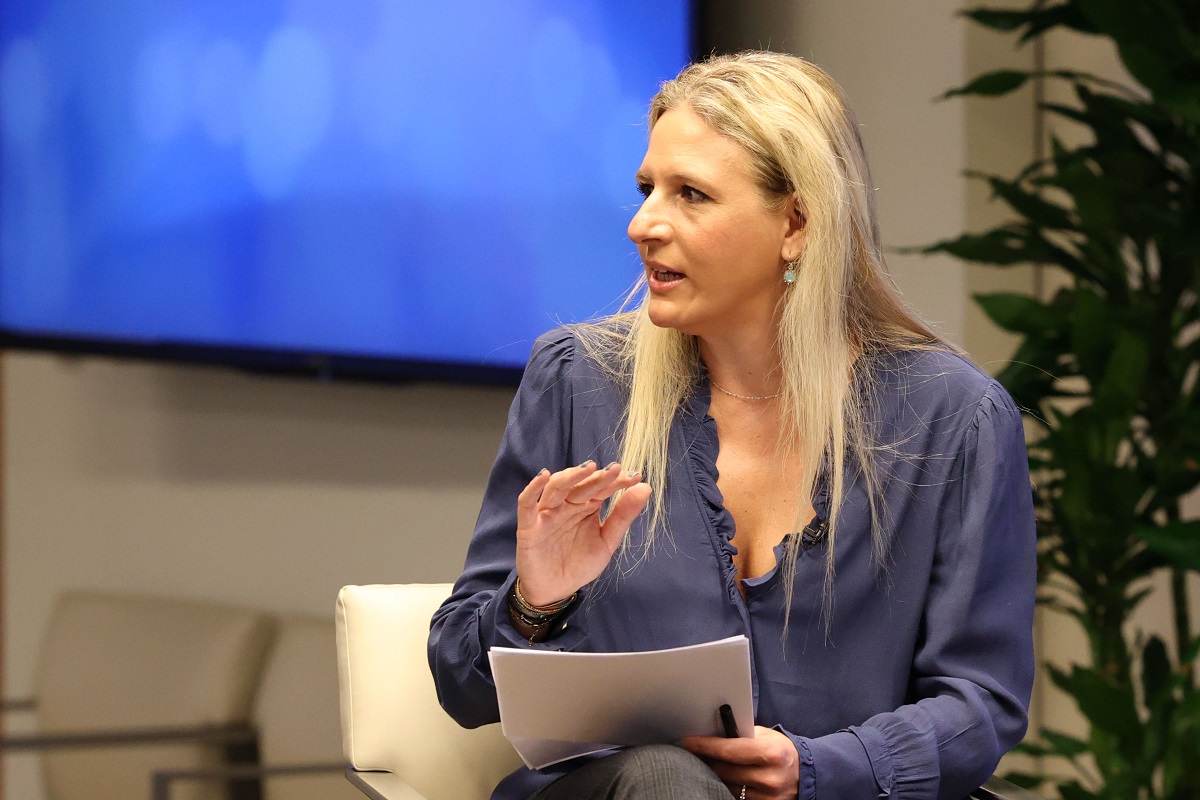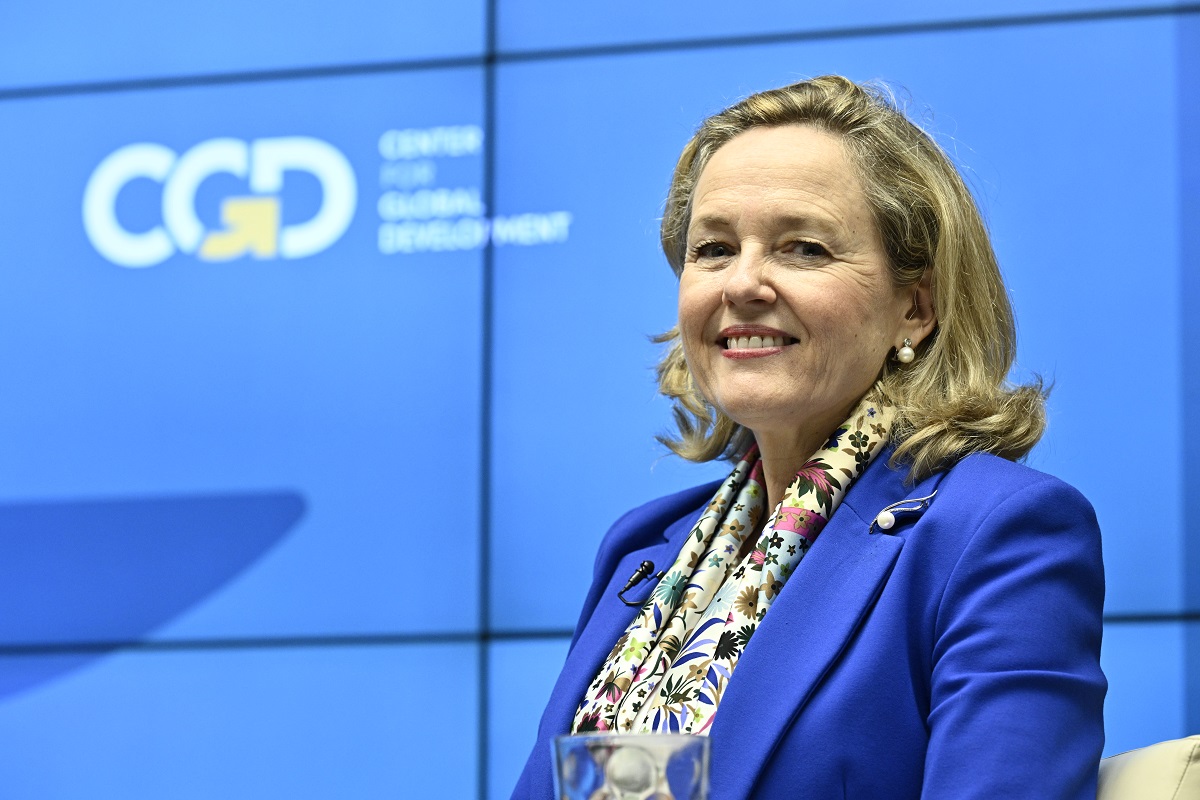June 29, 2010
A few weeks ago, I wrote with excitement about what the G8 and G20 might mean for global health. Disappointingly, yesterday’s G20 Toronto communiqué didn’t contain a word on global health, except a nebulous development agenda and action plan to be announced at the Seoul Summit in November 2010. But there is an opportunity for the G20 and others to build on the G8 global health commitments announced on June 26th in Muskoka.
1) Muskoka Initiative for Maternal and Child Health
Financial: $7.3 billion to accelerate progress towards MDGs 4 and 5 that aim to significantly reduce the number of maternal, newborn and under-five child deaths in developing countries. Canada leads with a pledge of $1.1 billion and other G8 members have contributed towards a grand total of $5 billion over 5 years. Non-G8 countries—Netherlands, Norway, New Zealand, South Korea, Spain, Switzerland—and the Gates and UN Foundations pledged another $2.3 billion.
Results and Accountability: The leaders pledged funding to “i) prevent 1.3 million deaths of children under five years of age; ii) prevent 64,000 maternal deaths; and iii) enable access to modern methods of family planning by an additional 12 million couples. These results will be achieved cumulatively between 2010-2015. We will track progress on delivering commitments through our accountability reporting, which, in 2011, will focus on health and food security.”
How it will get to the results: “The Initiative is focused on achieving significant progress on health system strengthening in developing countries facing high burdens of maternal and under-five child mortality and an unmet need for family planning. Improving maternal and under-five child health requires comprehensive, high impact and integrated interventions at the community level, across the continuum of care, i.e., pre-pregnancy, pregnancy, childbirth, infancy, and early childhood.”
“This Initiative includes elements such as: antenatal care; attended childbirth; post-partum care; sexual and reproductive health care and services, including voluntary family planning; health education; treatment and prevention of diseases including infectious diseases; prevention of mother-to-child transmission of HIV; immunizations; basic nutrition and relevant actions in the field of safe drinking water and sanitation”
My quick take-aways:
- In essence, the Gates Foundation is the lead donor for this initiative, contributing $1.5 billion in new money. (Although Melinda Gates technically announced this pledge at the Women Deliver Conference earlier in June 2010, in advance of the G8 Summit.) Perhaps, a less-obvious positive outcome of this peculiar G8 and non-G8 joint pledge will be that the Gates Foundation may be held accountable for the money it puts forward for maternal and child health in the same way that we try to hold G8 members to their promises. Maybe?
- The G8 members are clearly marketing the total pledged amount as a catalyst, perhaps a strong message to the G20 members and other countries to contribute to the Muskoka initiative and to boost momentum to the UN-led process to develop a Joint Action Plan to Improve the Health of Women and Children
- While new money is always good news, even if it doesn’t meet global health advocates’ expectations, the lack of new ideas on how to spend money more effectively is disappointing. While every known intervention for maternal and child health (e.g. skilled birth attendance, emergency obstetric care, etc.) is listed in the Annex 1 of the Declaration, there isn’t a single mention of a commitment to support the best ideas for ways in which new money can be spent to incentivize countries to implement these known interventions (they aren’t new) for higher impact. Buried in Annex 1 of the Declaration: “7. Mechanisms: We are not creating new funding mechanisms. Each donor is free to choose the mechanisms they consider most effective, including multilateral agencies, civil society partners, and direct bilateral support to developing country partners.”
- An incomplete commitment: The Muskoka communiqué makes no reference to the provision of safe abortion services as part of a comprehensive approach to maternal and child health. Making maternal health a comprehensive program isn’t a believable commitment when safe abortion is not provided when and where it is legal. We surely have learnt from the days of the Global Gag Rule to know that such policies have a chilling effect on family planning and other maternal health programs, and ultimately on what may be classified as maternal health success between 2010-2015—lower mortality and morbidity.
- Good news on the money, but new ideas to incentivize more effective use of aid on Maternal and Child Health are vague.
- The G8 seems to be adding new issues to a growing list of commitments that are forgotten by the time the next summit comes around and the hosting donor wants another high-compassion signature global health initiative.
- It seems like the G20 has a lot of work to do so that it does not take a back seat on global development in its efforts to stabilize economic growth.
- As the TBD development agenda for Seoul takes shape, perhaps G20 countries with the highest maternal mortality ratios (think: India, South Africa,) can mobilize local resources AND new ideas to improve maternal and child health outcomes. While scaling up what we know and evaluating how these interventions can be combined for greater impact, we also need to find and share new solutions. For example, India certainly has a good (and evaluated) idea to share from one of its government programs—Janani Suraksha Yojana (JSY), a conditional cash transfer scheme to incentivize women to give birth in a health facility, minimizing emergency obstetrical and neonatal complications. Like India, other emerging market countries are generating ideas to solve problems, an issue that is not captured in the G20 communiqué. As I wrap up this post, I’m delighted to quote from Pete Singer’s (CEO of the Grand Challenges, Canada) interesting article about why some G20 countries, whose own economies are powered by innovation, need to be involved in the final push to reduce maternal and child mortality.
Disclaimer
CGD blog posts reflect the views of the authors, drawing on prior research and experience in their areas of expertise. CGD is a nonpartisan, independent organization and does not take institutional positions.





